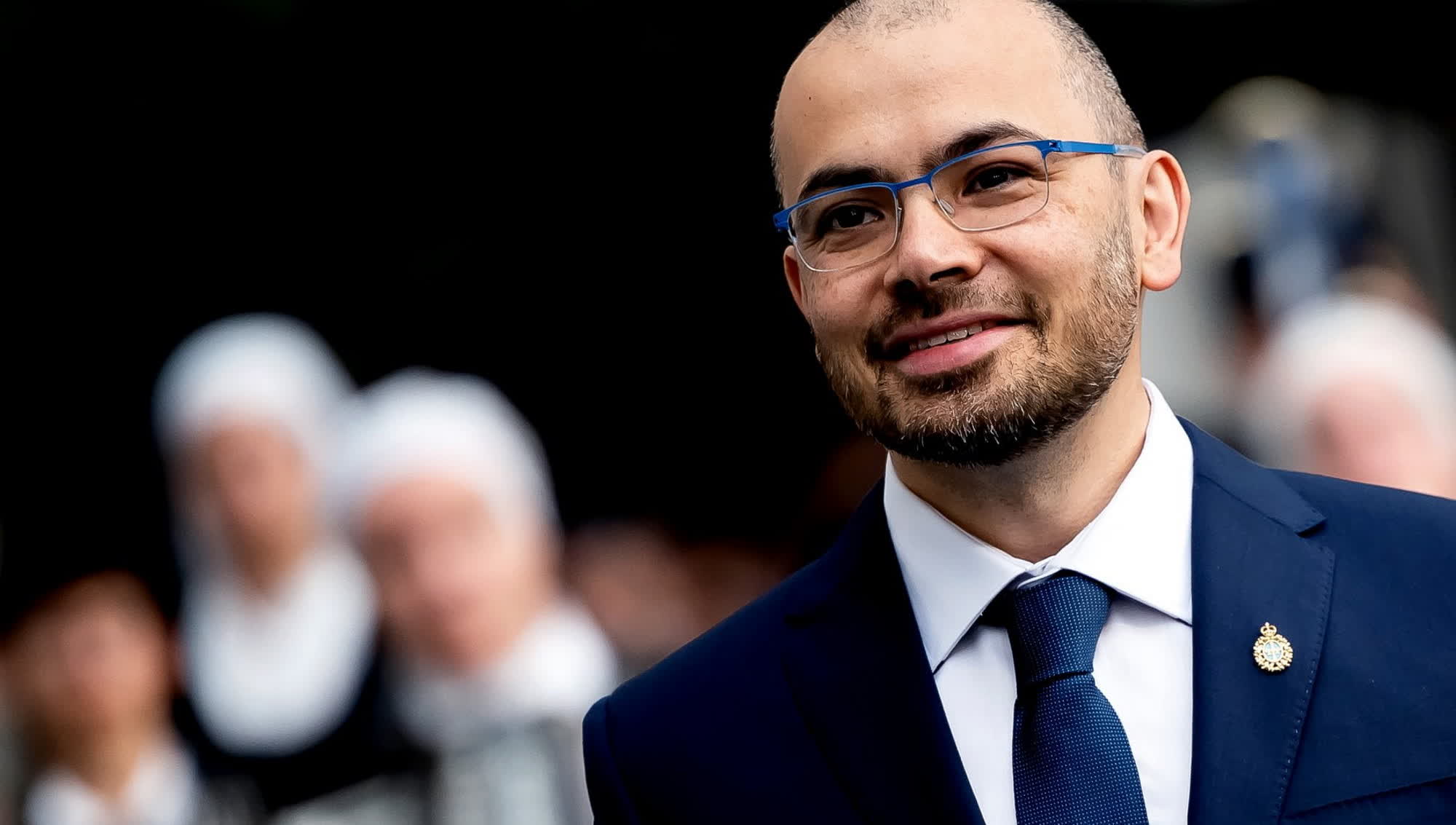A hot potato: Big tech companies have been prominently promoting chatbots, machine learning technology, and large language models as the next major advancements in the industry for years to come. Microsoft appears to be constructing an extremely costly supercomputer for this purpose, while Google aims to increase its investment to surpass the competition.
According to Demis Hassabis, the child prodigy who founded DeepMind, Google is likely to invest more than $100 billion in AI technology and applications in the near future. DeepMind is a British-American research laboratory that has been working on AI since 2010. Google acquired the company in 2014.
Hassabis made this investment projection while speaking at a TED conference in Vancouver. When asked about Stargate, the AI supercomputer reportedly being built by Microsoft and OpenAI with a $100 billion budget, Hassabis couldn't provide specific numbers. However, he suggested that Google would likely invest more than Microsoft's alleged Stargate budget "over time."
How Google will allocate this substantial sum to advance AI remains uncertain, though a significant portion may go towards hardware development. +
Google recently introduced Axion, a new Arm-based chip tailored to enhance performance for AI training and cloud-based services, while consuming significantly less power than current system-on-chip products and AI accelerators.

Hassabis began his career as a level designer and programmer of video game AI algorithms, collaborating with Peter Molyneux on titles such as Syndicate (1993), Theme Park (1994), Black & White (2001), and others. He later founded his own development studios, Elixir, to create games featuring significant AI elements, such as Republic: The Revolution and Evil Genius. Eventually, he decided to leave game development behind and return to academia to focus on AI research.
The primary goal of DeepMind was to develop increasingly complex machine learning algorithms to "solve intelligence," aiming to provide insights that could help realize the elusive dream of artificial general intelligence (AGI). Hassabis chose to partner with Google because AGI development requires substantial computing power and financial resources. However, OpenAI quickly gained attention, overshadowing DeepMind and Google's ambitious endeavors.
Despite being in operation for over a decade, DeepMind has yet to produce an AI-based product capable of rivaling ChatGPT's success. Currently, the company is focused on enhancing AI's capacity to acquire skills through social learning, which could significantly enhance the intelligence of machine learning algorithms.
